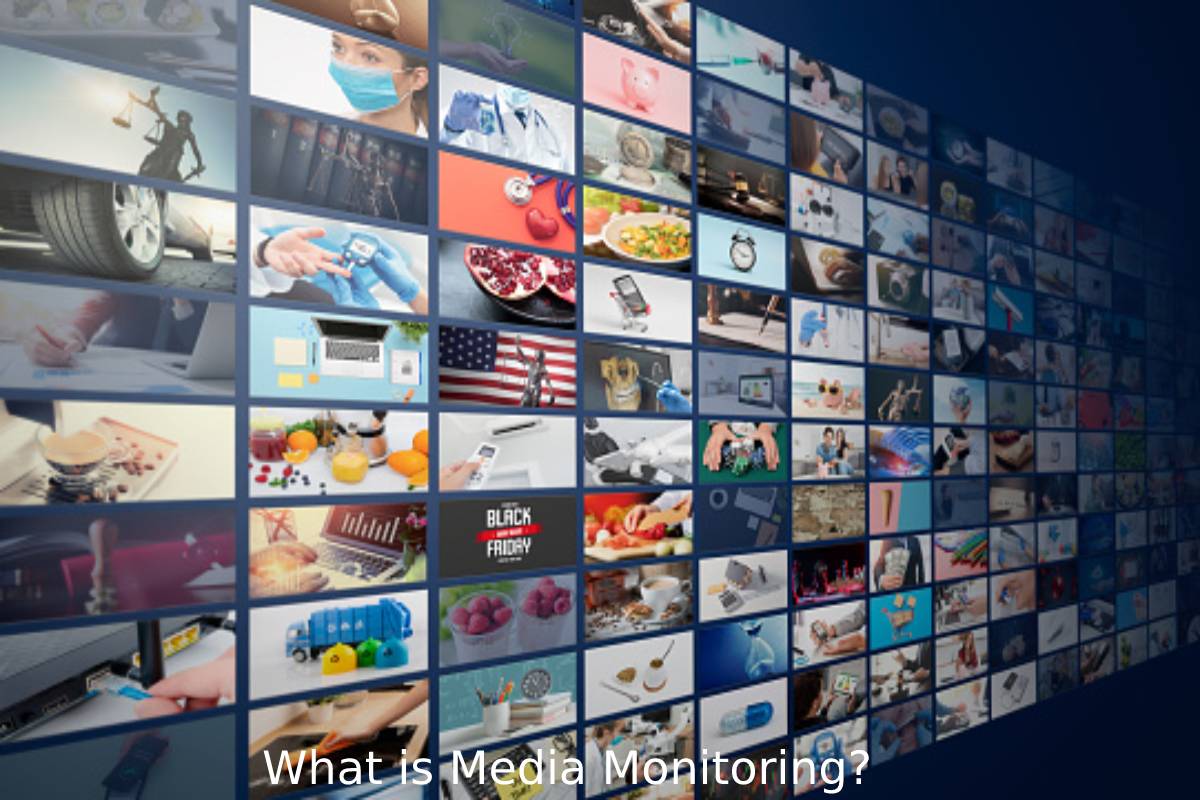Media monitoring helps manage your brand’s image on social media. It makes use of helpful tools as they provide information about marketing initiatives, campaigns, competitors, and the industry itself. Now you may be wondering, “How does media monitoring work, and how can I use it?”
It is the process of keeping an eye and ear out for what people are saying about your business on different media. This valuable information can be very useful in managing your brand’s reputation, getting PR insights, and compare your brand to other industries.
It even helps identify and examine the content with target keywords or topics related to your brand. It is part of any comprehensive PR strategy. In terms of public relations services, check out public relations firms in Chicago.
Table of Contents
How to Use Media Monitoring?
It is helpful for companies and brands that want to see the results of their marketing campaign. It plays a significant role in marketing industries, public relations, and large-scale industries. Moreover, different companies, government agencies, NGOs, and celebrities use media monitoring as a tool.
Some organizations may utilize media monitoring for different purposes. These can include:
- Get information about specific organizations and competitors
- Know the success of their news releases
- Handle brand reputation
- Recognize new business opportunities
- Update own company performance against competitors
- Develop an understanding of the strengths and weaknesses of corporate communities
Benefits of Media Monitoring
Modern technology has introduced advanced practices that help keep track of your brand online. They utilize machine learning, sophisticated algorithms, and potent processors, which gather information and keep up with the internet.
It is a vital resource that helps protect the reputation of your brand. It allows you to identify threats that can harm your brand’s reputation. It can also help develop a positive reputation for your brand, which can lead to long-term success.
Why is Media Monitoring Important?
Media monitoring helps you to develop a better understanding of your target audience. You can learn what they like and care about by monitoring the market. Additionally, you can learn what they think about your competition, the things they dislike about your product. You can use this information to make improvements and better cater your product or service to your audience.
Effective media monitoring requires strategic planning that needs in-depth research on the target audience. It is important because it allows you to see how well a campaign is doing online. Moreover, it is possible to detect media activity and how your audience has responded to your brand, and it offers new opportunities.
Here are certain reasons for media monitoring.
1) Brand Reputation and Insight
First of all, your brand reputation depends on how your audience perceives your brand. Media monitoring can help you see what people are saying about your brand online. Additionally, you can develop an effective reputation management plan that assists you in becoming proactive.
You can monitor your brand for visual coverage since images make it prominent. Knowing in reality what the audience says about you can help you make thoughtful decisions. As a result, it can increase transparency, positive relationships, and the authenticity of your brand.
2) Risk Mitigation
Another imperative aspect to look into is; risk alleviation. No organization can claim that it is free from risk. Hiring a media monitoring provider can help you identify and mitigate the potential danger in the no following ways:
- It can recognize supplier-related risks by monitoring the internet
- It monitors impending risks about changes and the legislative landscape in your business operations.
- It observes what competitors say in the market and the market’s perception in return.
3) Evaluation your Efforts
It is the step in a business professional’s life to take a look at their performance and assess their success. Here comes the media monitoring role that can let you know if your marketing efforts are producing the desired results. Tracking your coverage will give you a clear idea about it.
4) Identification of Journalist and Influencers for Outreach
Monitoring tells you about journalists and influencers that you need to target. By identifying what they write about your competitors, you can show them what you can do uniquely. This way, they can highlight your products and services and how they better serve customers.
In addition, monitoring can identify:
- Journalists who have experience in writing about your industry which allows you to get better opinions about your target audience.
- You can approach individuals with large social media no followings to help you gather product feedback.
- It can identify detractors who can harm your brand by spreading misleading information.
What are Media Monitoring Tools?
It is not easy to monitor all aspects of your business across different types of media. It is even harder to know what the audience says and about your business from social to print media. So, using media monitoring services can make your task easy.
Here is the list of media monitoring services, tools, and apps for small start-ups and large-scale businesses.
1. Talk-Walker Standard
It can monitor your brand effectively across different media types and work as an alternative to Google alert.
2. Hootsuite
It monitors all leading social platforms with customizable search streams. It includes essential topics, trends, social profiles based on hashtags, locations, and keywords.
3. TweepSmap
The powerful tool can show you Twitter power users and explain how hashtags and topics work. It can give you a clear idea of what the audience is talking about.
4. Reddit Keyword Monitor Pro
It is one of the most effective tools that have about 430 million monthly active users on average. It is the platform that offers in-depth and honest searches.
Bottom Line
All in all, media monitoring can help you examine your business from all aspects across different media platforms and know about your target audience’s perception. This can result in an upscale of your brand’s success.


